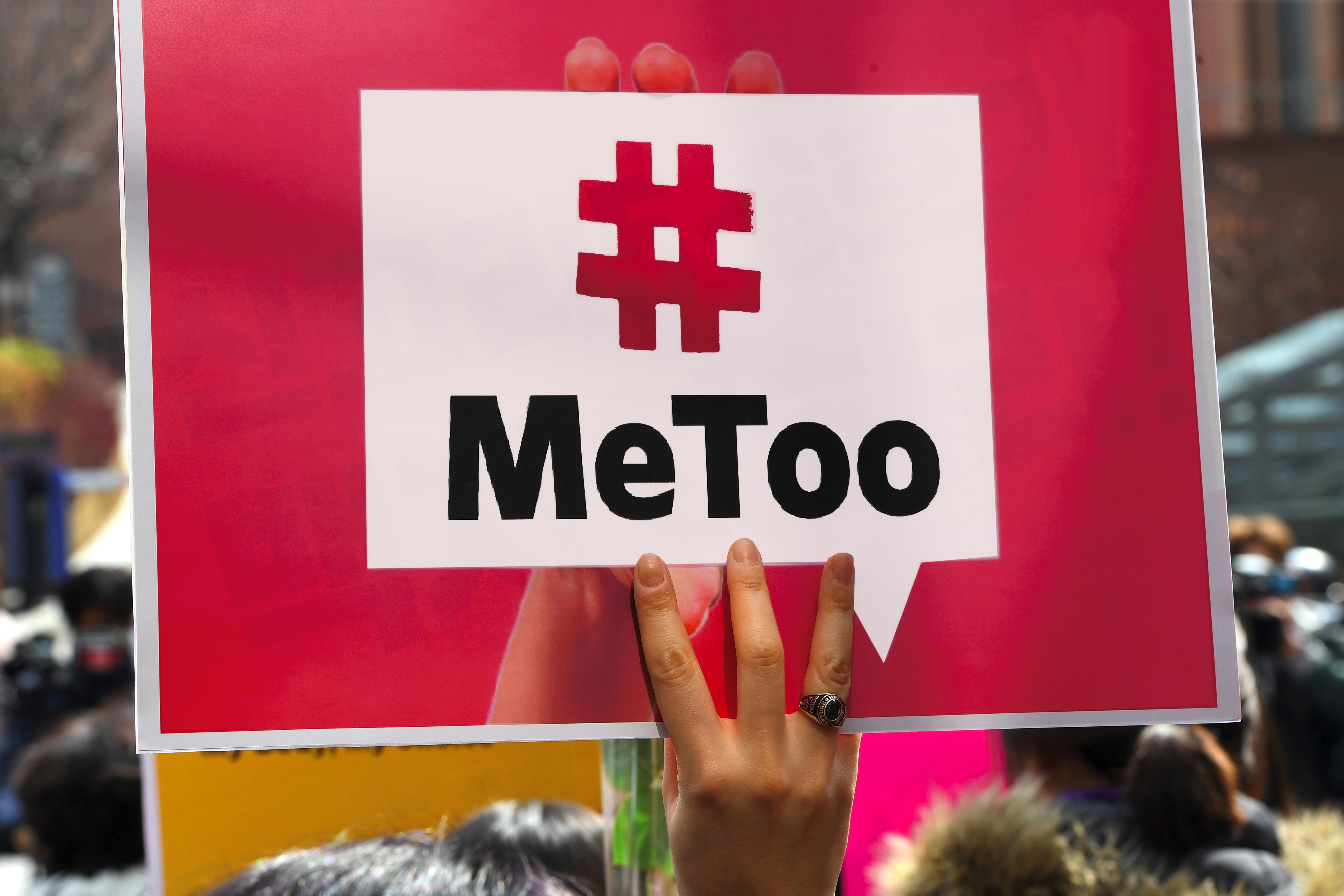#MeToo: Sri Lanka’s newsrooms hit with sexual abuse charges
Media Minister Keheliya Rambukwella said that his ministry will probe the allegations by female journalists

Sri Lankan government has ordered investigations into allegations of sexual harassment in the country’s media organisations, with some top editors and top politicians named.
A series of allegations, involving rape threats, systematic misconduct and sexual harassment, have rocked some of the top news organisations, sparking a belated #MeToo movement in the country, with a number of female newsroom staff sharing details of the alleged abuse.
Media Minister Keheliya Rambukwella said that his ministry will probe the allegations by female journalists, reported Colombo Gazzet.
“We will speak to the female journalists and if there have been such incidents we will take action,” he said.
The #Metoo movement was mobilised in the South Asian nation after several female journalists took to Twitter to speak about their ordeal of sexual harassment, prompting rights organisations to demand investigations.
A journalist Sarah Kellapath shared a series of tweets last week, accusing a colleague of threatening to rape her during her time in Sri Lankan “daily newspaper.”
“It was almost impossible for any female to wear a dress to work, without having to endure salacious remarks from male colleagues about their legs and bodies in general, or they would utter a loud ‘sexy’ whenever they felt like it,” Ms Kellapatha said.
“I’ve had a male colleague threaten to rape me once, during a normal conversation we were having. It was also extremely triggering to see a video of him pop up on my Twitter feed a few days back, speaking to media,” she said.
Responding to the Twitter thread, a man named Hafeel Farisz said the allegation has been levelled against him on Twitter by Ms Kellapatha.
He clarified that he did not “threaten to rape Sarah or any other person” and denied the accusations as “false and damaging allegation.”
“The only conversation about or around ‘rape’ that I had with Sarah was after a well-known incident where a male colleague emailed another male angrily that he would ‘rape’ him if he continued to slander him,” he said.
US journalist Jordana Narin accused an editor of a newspaper of sexually harassing her for two months during her internship in a statement on Twitter.
“In his own words, he was the best journalist Sri Lanka had ever seen. I couldn’t wait to learn from him … Instead, I spent the next two months being favoured by him, then yelled at by him, embarrassed by him, and groped repeatedly by him,” Ms Narin said.
She said she felt “trapped” and didn’t know what to do but informed program director of the fellowship and some of her colleagues
“I had a deeper guilt: that going public with the accusation about this man, as a White foreigner in this country, was somehow unfair; worse, I feared that if the story leaked to people back home in the states, i would be perpetuating a horrific stereotyping about the place i still consider a second home,” she added.
Another journalist, Kavindya Thennakoon, described the incident when she was kissed by a senior colleague against her will and how she was forced to continue to work with him for months.
“Many women have spoken up today about predatory men in media,” Ms Thennakoon said on Twitter. “The day we shot the first episode for this show a man tried to kiss me,” she said posting a clip from her show.
The string of chilling accusations has prompted the Foreign Correspondents’ Association of Sri Lanka to express solidarity with the victims.
“We urge media institutions to swiftly investigate these allegations, and take necessary steps to prevent recurrence. As a collective, it is our responsibility to ensure that our workspaces make all our colleagues feel safe and equal,” the FCA said in a statement.
Meanwhile, AFP quoted Media Minister Mr Rambukwella as saying: “We will take the sternest action possible,” Mr Rambukwella said. “We will not hesitate to take appropriate action.”
Join our commenting forum
Join thought-provoking conversations, follow other Independent readers and see their replies
Comments
Bookmark popover
Removed from bookmarks